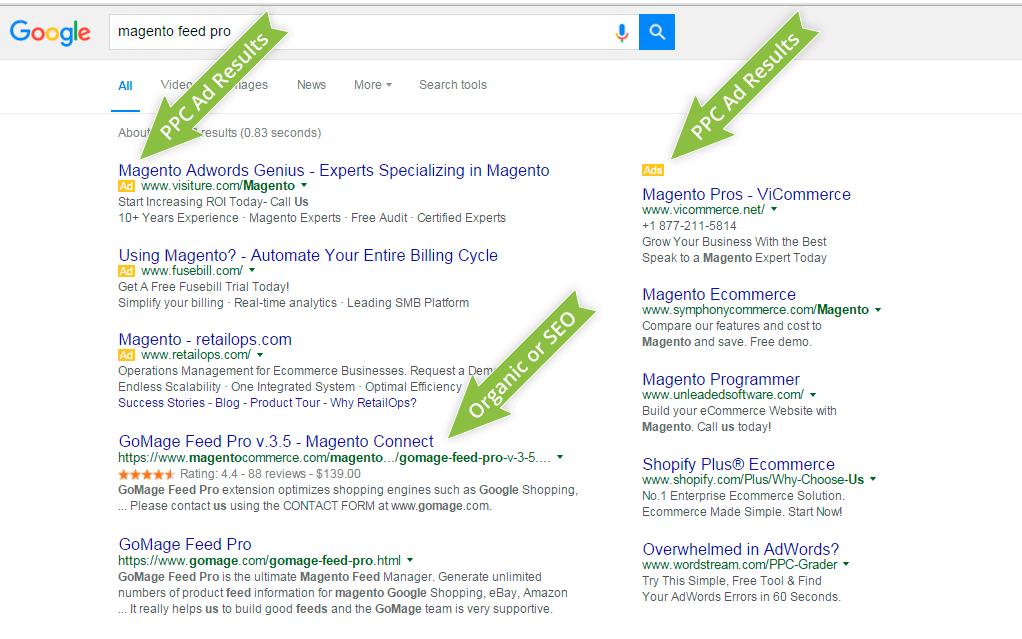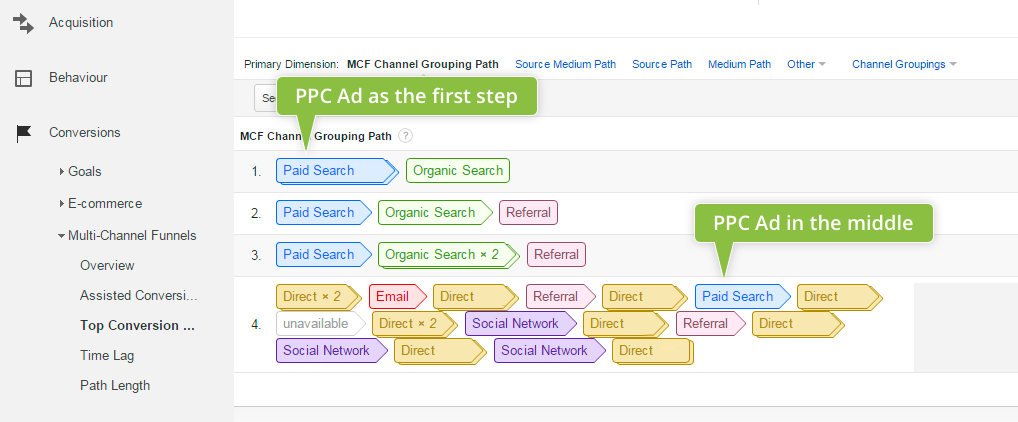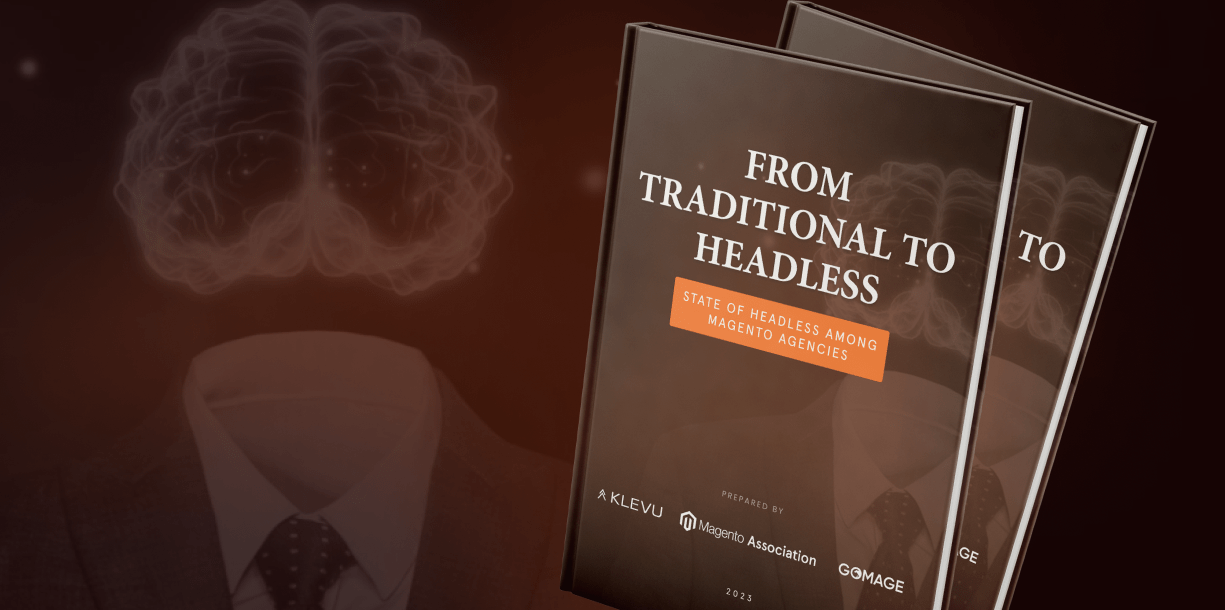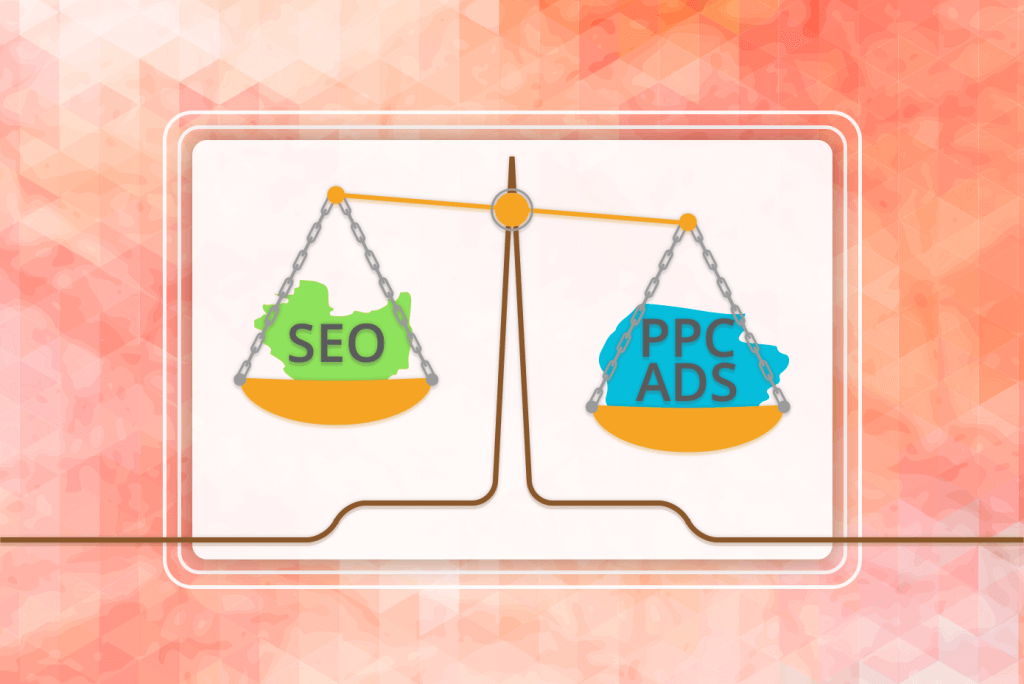There is an opinion that Pay Per Clicks (PPC) Advertising is not such an effective way to promote, as the proper internet marketing strategy is to get into the top 10 in the search engines results.
There’s a grain of truth in this, but it is not so clear. In this article, we will review all pros and cons of these two promotional methods to understand which one should be used and why.
Brief overview of PPC in How to Increase Traffic to Your Website
Pay per Click Advertising (PPC) is a type of promotion used to drive traffic to a website. The Ad is placed on another website called a PPC platform, and an advertiser has to pay the owner of the PPC Platform each time their ad is clicked.
Nowadays, there are a lot of PPC Platforms which provide a wide range of promotional opportunities. Of course, the most popular PPC platform is Google AdWords due to the volume of traffic it can generate. Don’t forget that there are other options available:
Yahoo! Bing Network.
- Provides you with the opportunity to put the ad message on the majority of the search market which is not possible with Google.
- This most popular social network allows presenting products to more than 1 billion people. Facebook is a flexible instrument and can selectively show the advertising to the necessary segments.
In fact, there are dozens of platforms where it is possible to advertise using a PPC model.
On the picture below, we can see how Google PPC advertising is different from SEO.

In Google, the PPC Ads can be placed above and below the organic search results as well as on the sidebar. It is not possible to plan or even predict the exact location of ads as it depends on many factors. Organic search results occupy the middle of the page. Positions mostly depend on how well your site is optimized for search engines when it comes to understanding how to increase traffic for your website.
SEO Advantages:
- With the right, SEO strategy costs will be lower compared to PPC advertising.
- Some people prefer not to click on Ads. They trust organic results more. For example, it is considered that 5% CTR (Click Per Rate) is a great result for an AdWords campaign. That means, if Google shows the Ad 100 times, 5 users click on it. The question is what did the other 95 users do? We can assume that they would prefer to click on organic search results.
- Good SEO works for all search engines: Google, Bing, Yandex (the largest search engine in Russian segment) and a lot of other local search engines.
- SEO synergistic effect. The better a website is optimized, the more quality traffic is generated, the more real users make purchases; so the better it becomes for search engines and the better search results the site will have.
SEO disadvantages:
- Creation of an SEO friendly site is a lot of hard work which includes on-site and off-site SEO.
- SEO takes time and you need to be patient. It may take months before you see the first results.
- No guarantee. A search engine is a complex algorithm that takes into account a lot of factors. In addition, the online environment is changing very quickly. You can build the best SEO strategy, but if your competitors are even more effective, your positions in the search results will not change.
- The number of keywords is limited; it is very difficult to work with highly competitive keywords.
- “Unclear rules of the game”. Nobody knows the algorithm of the search engines. All recommendations you can find are built on assumptions and previous experience of SEO specialists. And the algorithm of the search engines is constantly changing. In some way, your ability to receive top positions is out of your hands.
PPC Advantages:
- You can start a PPC campaign very fast. Even one day can be enough to prepare it. After it is activated you can see the results immediately.
- With PPC you can be sure that, by specific keywords, you will have the top positions in search engine results.
- In a PPC campaign, you can target keywords which are not covered by your site. These may be keywords of similar meaning or synonyms.
- You do not have to do any technical work on your site. No changes are required.
- You can test some keywords in a short period and make changes quickly, if necessary.
PPC Disadvantages:
- PPC costs money and ROI of such campaigns can be very low.
- It is a one-time-effect campaign strategy. The traffic depends on money only. “No money, no traffic”
- As it was mentioned above, some users never click on PPC Ads and always ignore them. So there are no chances to attract such searchers.
- Such campaigns require constant attention and proper analysis to be efficient.
There is no definite answer to which method is best to use. It totally depends on the situation. Of course, for new sites it is hard to get into top positions in search results, so a PPC campaign can be very useful.
Sometimes it can be reasonable to lead one test campaign and see the results.
Google Analytics is a great instrument for analyzing. The behavior of searchers which can be different, not all users would click on your Ad and then buy something. The decision-making process can be long, and you can see the process in Google Analytics, in the “Multi-Channel Funnels” area.

Deep analysis using Multi-Channel Funnels. To use this Multi-Channel Funnels you need to configure Goals.
Multi-Channel Funnels measure Goals that were achieved by the visitors to your site. The Goal is any activity which is valuable to a site owner. This can be subscription, registration, adding products to the cart and so on.
In our example which is shown in the picture above, the goal means a complete purchase. So, we can see that the way can be very long and the PPC Ad is not the last step in this chain. When you analyze your conversion in the “Acquisition” area of Google Analytics you never see this effect, because conversion is assigned to those sources which directly led to the purchase.
Assisted conversion can be analyzed only in Multi-Channel Funnels and reveal to you all the sources that led a user to the goal.
In our opinion, correct analysis of the results and conversions can greatly explain which campaigns are most efficient, so that the store owner can conclude whether or not they need to use PPC advertisement or they should only focus on SEO.




